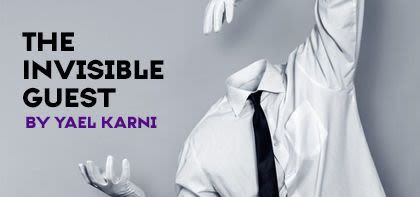
The Invisible Guest
Dad, after the heart attack, the intensive care and the gruelling resuscitation, all of a sudden looked remarkably well. He was even smiling. What was he seeing?

“Do you want us to treat your father aggressively?”
I have to say I was quite taken aback; it was Friday afternoon in December, Shabbat was on the way and I just thought my father was going to be moved up to a ward from resuscitation. From my expression, the consultant realized that I didn’t understand what he was talking about. “You do need to think about it over the next 12 hours”, he continued. Still the penny hadn’t dropped.
“What do you mean by aggressive?”, I asked in complete naivety. And so he told me [in the event of cardiac arrest, should they use any means to resuscitate him?] and I realized that we were talking life and death.
It’s amazing how Hashem always seems to give me tests just before Shabbat. And so I scrambled to ring the rabbi I normally contact who was away, and I tried someone else to no avail. What to do? So they took him up to intensive care and with my rather vague understanding of the Torah view of the sanctity of life, we agreed that certain interventions would be done and certain ones wouldn’t. Shabbat passed relatively calmly under the circumstances. My father rallied and passed through the critical 12 hour period. At the beginning of the following week, another consultant took me to one side and asked me…yes, you guessed it…did I want my father to be treated aggressively. This was starting to get a bit repetitive. He told me he had a lot of “experience” in this area especially with orthodox Jews. He was actually quite reassuring.
If the treatment they were giving him didn’t seem to be improving his condition long term [although he was responding quite well to it on an hour by hour basis], he felt it would be better to take him off the tight-fitting mask [which seemed to me in my very non-professional opinion to be doing quite a good job keeping my father alive] and to move him to a ward where he would just go to sleep and it would all be quite peaceful. Err, sorry, that sounds a little bit like hastening death [forbidden in Jewish law], I shot back at him. No, absolutely not, he said, we follow all the laws regarding UK medical ethics. Yes, I thought, but not Jewish law.
So we left it, that I would try to contact the rabbi who was away and I prayed that Hashem would look after my father in the meantime. A few days later I spoke to the rav in Israel. I explained the situation. “You know, rabbi, I feel I am being emotionally manipulated into making a certain decision – perhaps it’s my imagination.”
“Yael”, he said with the knowledge and confidence I knew he would be able to impart, “you aren’t imagining it, they will do that and you must be strong. The Jewish view is that they must actively treat your father to prolong his life. We aren’t interested in what happens down the line. It’s what is happening this minute that is important and they must carry on treating your father with the tight-fitting mask until his heart recovers. In terms of resuscitating him, it all depends on what stage of heart failure he is in; if it is end of end stage heart failure, then I would concur not to aggressively treat but if it is not at that stage then yes, they definitely must do everything possible.”
I can’t tell you the relief I felt, the relief of getting daas Torah, proper Torah guidance. How close had I also come to making the wrong decision.
My father continued to recover to the point that he spent a month in rehab with a view to coming home. Those weeks were pivotal in my relationship with Hashem because I really had to pray hard even though I knew deep down we were only looking at a temporary reprieve. I had ups and downs, different emotions. Sometimes I could pray, sometimes not. But my hitbodedut did go up a level to the point where for the first time I started to feel that there was less resistance to praying, that it was something I really wanted to do as opposed to ought to do. One day I felt an incredible elevation, a truly happy, calm feeling in the midst of the turmoil.
The week my father was supposed to come home I got the call. I rushed down to the hospital and there he was back in resuscitation, back on the mask, back where he was in December. The same question, did I want them to resuscitate. I had the answers, I felt very calm. I explained the importance that the soul has while it is in the body. We aren’t looking for cures, we are looking for maintaining life and life, however restricted, is holy because it is given as a gift by G-d.
Back in intensive care, my father again started to “recover”, his oxygen saturation levels stabilized. The following day I went to see him and I experienced something that has and will always stay with me for the rest of my life.
He looked unbelievably well. No, I don’t just a bit better than the previous day but astonishingly well, almost abnormally so. He was in an extremely happy state of mind, smiling and laughing. Almost ecstatic. And all the medical staff noticed as well. He laughed and I laughed, I don’t really know at what. At one point he pointed his finger at empty space. He had done this before in December and had asked me on two occasions who the man was. There’s no man there, Dad. Oh, he had said. Now he was pointing and smiling at another invisible visitor. Maybe there is someone there after all, maybe it’s me who can’t see him. Who is it? I asked my father. Oh, he said, and threw his head back in joy, it’s the choson [groom]. My father seemed to be at a simcha.
Two days later my father passed from this finite world, this bridge, to the next world of truth. He left just before Shabbat. I was with him and it was very peaceful. I was told it was a merit for a soul to leave this world either just before Shabbat or on Shabbat and that it is very common for a person to seemingly recover just before they die. The soul is preparing to leave its body and is accessing a higher spiritual state. My father was always happy, despite his illnesses, and he was always tremendously grateful to everyone who helped him [and that’s without reading Rabbi Arush’s books!]. He must have had a Breslever soul.
In memory of Chanoch ben Yisrael.


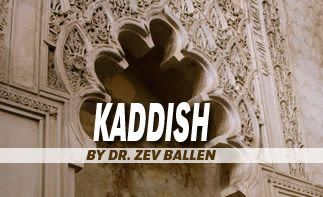

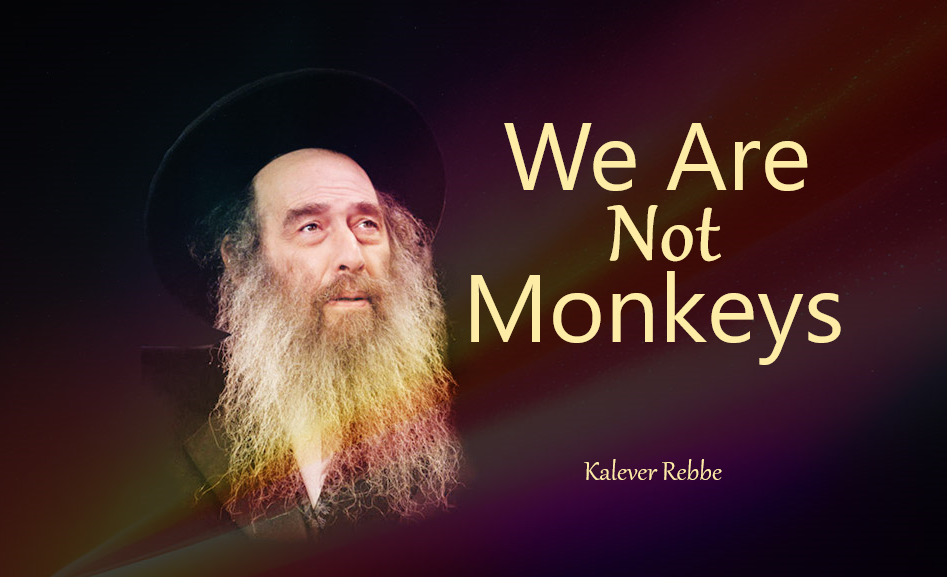
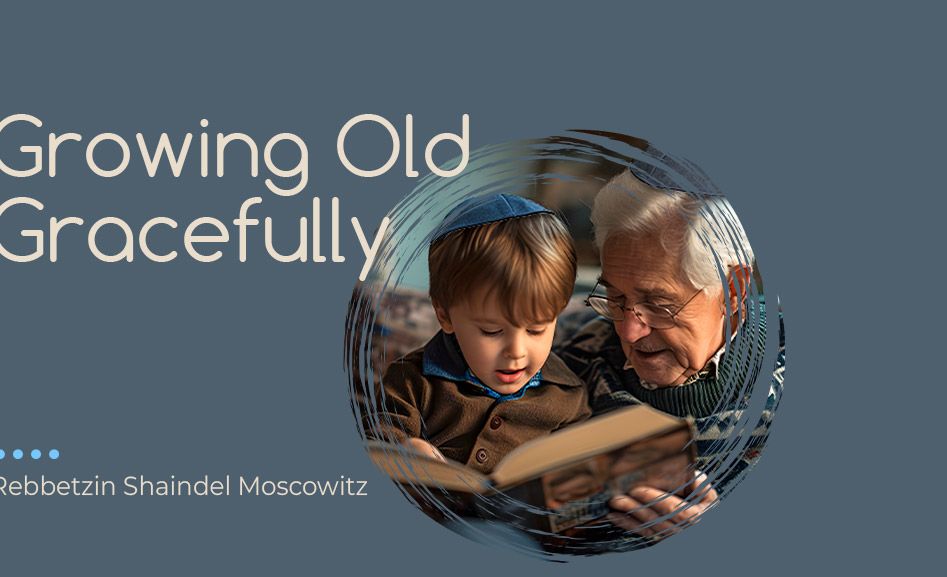
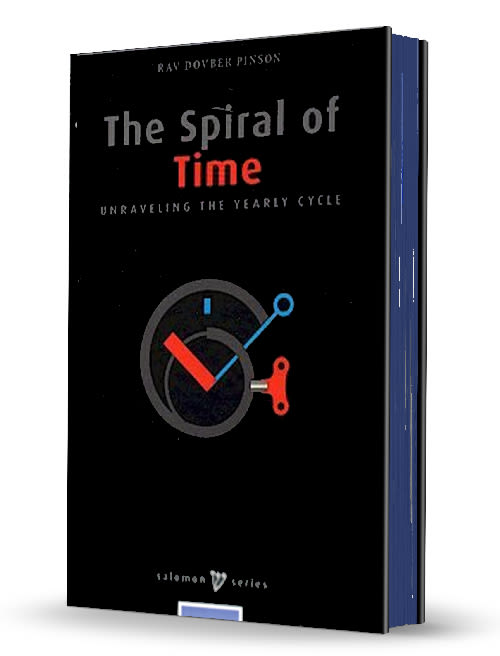
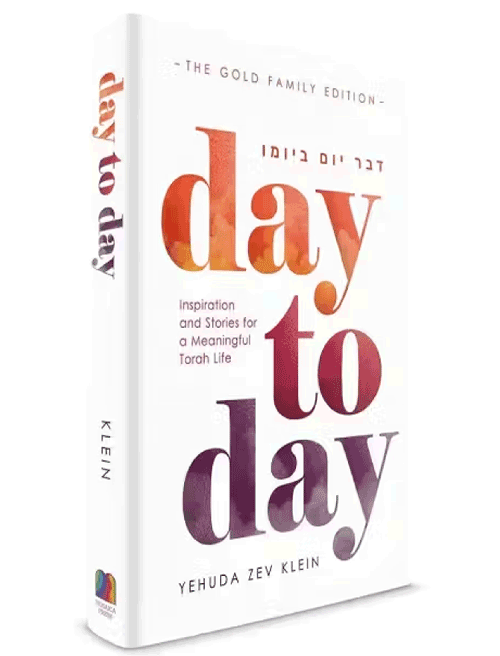
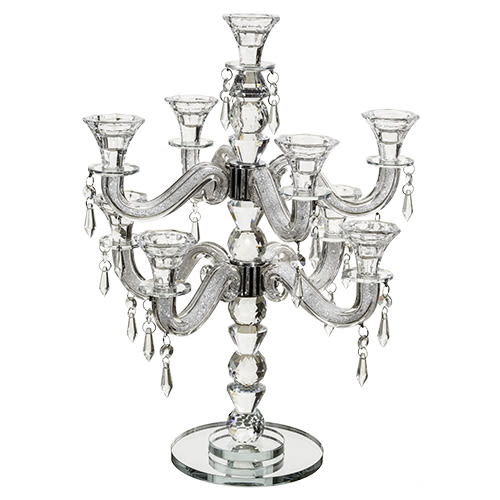
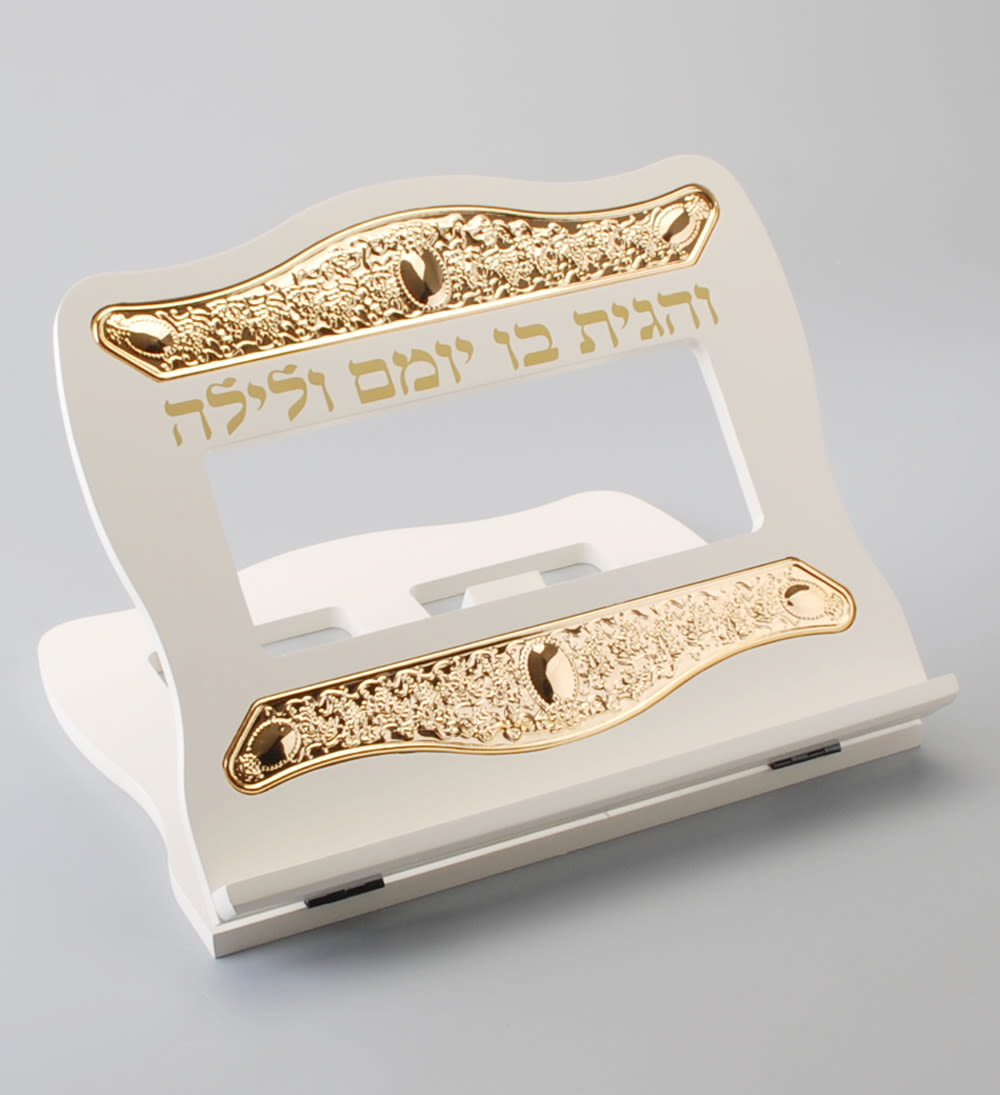
Tell us what you think!
Thank you for your comment!
It will be published after approval by the Editor.